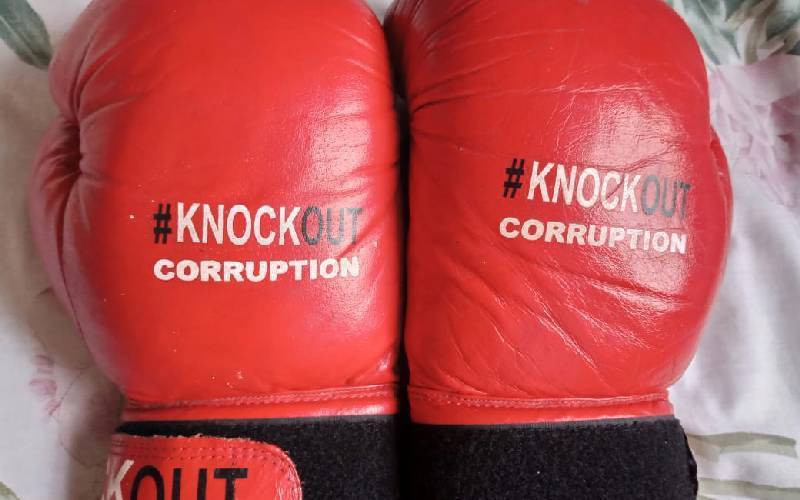×
The Standard e-Paper
Informed Minds Prefer The Standard

Whichever way one may want to look at it, the handling of corruption cases by the Director of Public Prosecutions and the investigative agencies is of grave concern to investors and businesses in general.